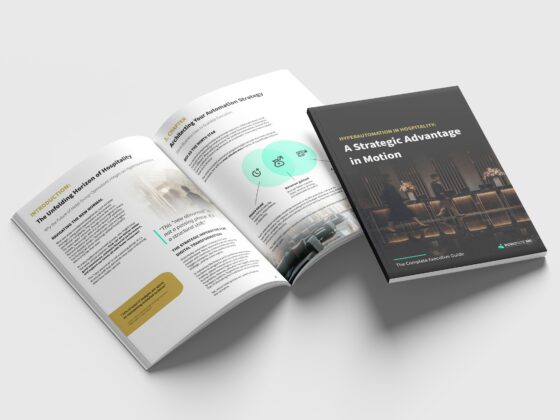
Travel Innovation and Technology Trends 2025
Philip Wolf founded Phocuswright in 1994 on the premise the travel world was being overhauled due to the rise of a new technology – the internet. Five years later, the first Phocuswright report noted that the biggest industry challenges were “customer acquisition, service and retention, fierce competition, an influx of new players and rising marketing and technology costs.” Three decades later, the travel industry stands on the brink of a new era. The rapid emergence of generative AI (GenAI) is poised to bring change on par with or greater than the personal computer or the internet. And very similar predictions and challenges rise to the fore.
Generative AI is reshaping travel, with 39% of U.S. travelers now using it, surpassing technologies like virtual and augmented reality. Nearly half of GenAI users already apply it to travel planning, making leisure travel a top use case and field of growth for the coming year. The next wave of disruption involves autonomous agents capable of booking and managing trips, as major players like Google and OpenAI push forward with AI-powered innovations. The convergence of GenAI with digital identity promises seamless, personalized travel experiences, though challenges like trust, clean data, and infrastructure readiness must be addressed for this vision to fully materialize.
Phocuswright’s Travel Innovation and Technology Trends 2025 aims to provide an in-depth overview of the real-time developments surrounding the travel industry, including key focal points on the impact of generative AI on in-destination experiences, company operations, distribution dynamic and more.










